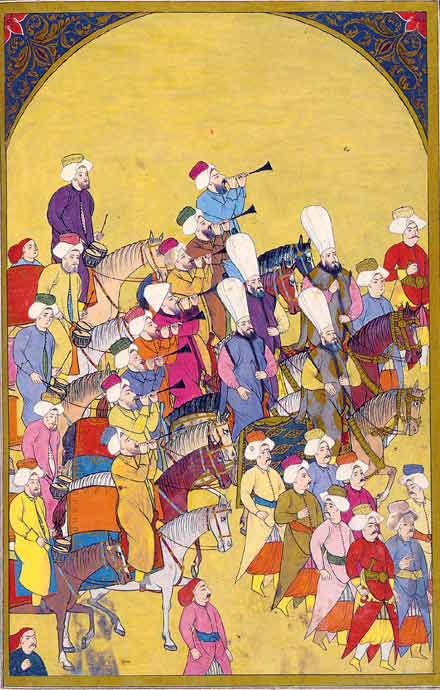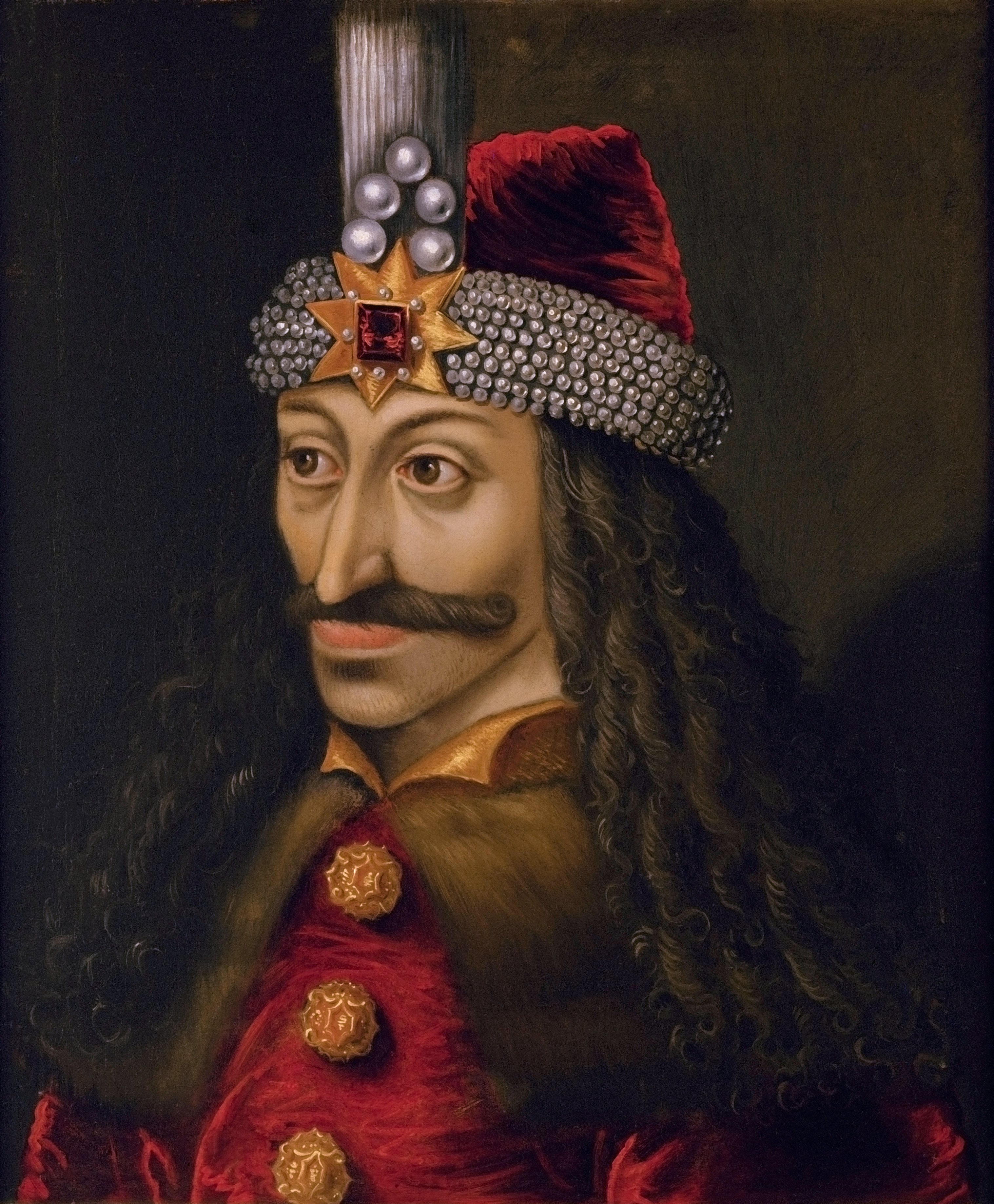|
Ivan Duychev
Ivan Simeonov Duichev ( bg, Иван Симеонов Дуйчев; May 1, 1907, Sofia - April 24, 1986, Sofia) was a Bulgarian historian and paleographer with a focus on Bulgarian and Byzantine medieval history. Throughout his scientific and research life he has followed the maxim of his teacher Vasil Zlatarski that Bulgarian history is inextricably linked and incomprehensible without Byzantine history. Adopted as the father of ''Bulgarian archival studies''. He specialized and defended his doctorate at the University of Rome on the topic " Asen dynasty in Byzantium". He is a graduate of the Vatican School of Paleography, Diplomatics and Archives Administration. The patron saint of Cardinal Angelo Mercati, the Vatican Apostolic Archive Archbishop, is the patron and mentor. After the Balkan campaign, he worked on the ground in Macedonia. Translator of the Italian Headquarters and Commandant's Office in Greece during the Second World War. In 1945, for the purpose of educatin ... [...More Info...] [...Related Items...] OR: [Wikipedia] [Google] [Baidu] |
Aegean Macedonia
Aegean Macedonia ( mk, Егејска Македонија, translit=Egejska Makedonija'';'' bg, Егейска Македония, translit=Egeyska Makedonia) is a term describing the modern Greek region of Macedonia in Northern Greece. It is currently mainly used in the Republic of North Macedonia, including in the irredentist context of a United Macedonia. The term is also used in Bulgaria as the more common synonym for Greek Macedonia, without the connotations it has in the Republic of North Macedonia. The term has no circulation in Greece, since ''Aegean'' usually refers to the Greek islands or to strictly Greek coastal areas with direct access to the Aegean Sea. Although Greek Macedonia does have its coastline along the northern Aegean, the province is more than anything else dominated by its high mountain ranges and broad, grassy plains, rather than by its coastline (with the exception of the Chalkidiki peninsula, which is a popular holiday destination in the southernmost ... [...More Info...] [...Related Items...] OR: [Wikipedia] [Google] [Baidu] |
Macedonia Naming Dispute
The use of the country name "Macedonia (terminology), Macedonia" was disputed between Greece and the North Macedonia, Republic of Macedonia (now North Macedonia) between 1991 and 2019. The dispute was a source of instability in the Balkans#Western_Balkans, Western Balkans for 25 years. It was resolved through negotiations between Athens and Skopje, mediated by the United Nations, resulting in the Prespa agreement, which was signed on 17 June 2018. Pertinent to its background is an early 20th-century Macedonian Question, multifaceted dispute and Macedonian Struggle, armed conflict that formed part of the background to the Balkan Wars. The specific naming dispute, although an existing issue in Yugoslav–Greek relations since World War II, was reignited after the breakup of Yugoslavia and the newly-gained independence of the former Socialist Republic of Macedonia in 1991. Since then, it was an ongoing issue in bilateral and international relations until it was settled with the P ... [...More Info...] [...Related Items...] OR: [Wikipedia] [Google] [Baidu] |
Cyrillo-Methodian Studies
Cyrillo-Methodian studies is a branch of Slavic studies dealing with the life and works of Cyril and Methodius and their disciples. The first modern studies on Cyril and Methodius date from the late 18th century, with the discipline becoming somewhat classic in the 19th century. The main research topics of the discipline are the emergence and spread of Glagolitic and Cyrillic. In this connection the questions about their authorship (the life and work of Cyril and Methodius and the so-called five Apostles of the First Bulgarian Empire among their students and all of them canonized as Seven Saints), the exact time and place of creation, the schedule, the authenticity of the artistic sources, the nature of the liturgy during their missions. The historical sources of Cyril and Methodius are mainly Old Bulgarian and Latin. The historical period on which the excavations are concentrated is the middle of the 9th century - the end of the 12th century / the beginning of the 13th cent ... [...More Info...] [...Related Items...] OR: [Wikipedia] [Google] [Baidu] |
Bulgarian Historiography
Certified Bulgarian historiography dates back to the 17th century. In principle, the terms ''Bulgarian Historiography'' and ''Historiography of Bulgaria'' overlap, given that until the liberation of Bulgaria there are only two stories (the first of Bulgaria and the second of Bulgarians) written by foreign authors – Blasius Kleiner (1761) and on Konstantin Jireček (1876). Bulgaria and the Bulgarians are widely attested in medieval chronicles and writings, but their thematic independent history is absent until the 17th century. The first major work concerning Bulgarian history is the Kingdom of the Slavs. It serves to support many other works. From 1667 dates the first independent Bulgarian history of Petar Bogdan, which is entitled „About the antiquity of the father land and the Bulgarian affairs". It is debatable whether it was printed in Venice at all, but this story remains without any social significance. The author is Bulgarian but a Catholic missionary. It was not until ... [...More Info...] [...Related Items...] OR: [Wikipedia] [Google] [Baidu] |
Golden Age Of Medieval Bulgarian Culture
The Golden Age of Bulgaria is the period of the Bulgarian cultural prosperity during the reign of emperor Simeon I the Great (889—927).Kiril Petkiv, The Voices of Medieval Bulgaria, Seventh-Fifteenth Century: The Records of a Bygone Culture', BRILL, 2008, p.89 The term was coined by Spiridon Palauzov in the mid 19th century. During this period there was an increase of literature, writing, arts, architecture and liturgical reforms. Simeon I achieved spectacular military and political successes, expanding Bulgarian territory and forcing the Byzantine Empire to recognise the imperial title of the Bulgarian monarchs. Bulgarian Embassy in London, UK The capital |
Ottoman Bulgaria
The history of Ottoman Bulgaria spans nearly 500 years, from the conquest by the Ottoman Empire of the smaller kingdoms emerging from the disintegrating Second Bulgarian Empire in the late 14th century, to the Liberation of Bulgaria in 1878. As a result of the Russo-Turkish War (1877–1878), the Principality of Bulgaria, a self-governing Ottoman vassal state that was functionally independent, was created. In 1885 the Ottoman autonomous province of Eastern Rumelia came under the control of and was unified with the Principality of Bulgaria. Bulgaria declared independence in 1908. Administrative organization The Ottomans reorganised the Bulgarian territories, dividing them into several vilayets, each ruled by a Sanjakbey or Subasi accountable to the Beylerbey. Significant parts of the conquered land were parcelled out to the Sultan's followers, who held it as benefices or fiefs (small ''timars'', medium ''ziyamet'' and large ''hases'') directly from him, or from the Beylerbeys ... [...More Info...] [...Related Items...] OR: [Wikipedia] [Google] [Baidu] |
Byzantine Bulgaria
The Theme of Bulgaria () was a province of the Byzantine Empire established by Emperor Basil II after the conquest of Bulgaria in 1018. Its capital was Scupi (or Skoupoi) and it was governed by a strategos. The local inhabitants were ''Bulgarians''. Nevertheless the Bulgarians kept their nationality, which reached particular strength after the Second Bulgarian Empire was formed in the 12th century. The period ended with the Uprising of Asen and Peter. The conquest of the First Bulgarian Empire by Byzantium lasted half a century. For this reason, Basil II the Bulgar Slayer after the conquest did not decide on any changes in order to bloodlessly establish the new status quo. The Bulgarian lands that offered the fiercest resistance were separated into the theme of Bulgaria. [...More Info...] [...Related Items...] OR: [Wikipedia] [Google] [Baidu] |
History Of Bulgaria
The history of Bulgaria can be traced from the first settlements on the lands of Bulgaria, modern Bulgaria to its formation as a nation-state, and includes the history of the Bulgarians, Bulgarian people and their origin. The earliest evidence of hominid occupation discovered in what is today Bulgaria date from at least 1.4 million years ago. Around 5000 BC, a sophisticated civilization already existed which produced some of the first pottery, jewellery and golden artifacts in the world. After 3000 BC, the Thracians appeared on the Balkan Peninsula. In the late 6th century BC, parts of what is nowadays Bulgaria, in particular the eastern region of the country, came under the Achaemenid Empire, Persian Achaemenid Empire.Joseph Roisman,Ian Worthington"A companion to Ancient Macedonia"John Wiley & Sons, 2011. pp 135–138, pp 343–345 In the 470s BC, the Thracians formed the powerful Odrysian Kingdom which lasted until 46 BC, when it was finally conquered by the Roman Empi ... [...More Info...] [...Related Items...] OR: [Wikipedia] [Google] [Baidu] |
The Historian
''The Historian'' is the 2005 debut novel of American author Elizabeth Kostova. The plot blends the history and folklore of Vlad Țepeș and his fictional equivalent Count Dracula. Kostova's father told her stories about Dracula when she was a child, and later in life she was inspired to turn the experience into a novel. She worked on the book for ten years and then sold it within a few months to Little, Brown and Company, which bought it for . ''The Historian'' has been described as a combination of genres, including Gothic novel, adventure novel, detective fiction, travelogue, postmodern historical novel, epistolary epic, and historical thriller. Kostova was intent on writing a serious work of literature and saw herself as an inheritor of the Victorian style. Although based in part on Bram Stoker's ''Dracula'', ''The Historian'' is not a horror novel, but rather an eerie tale. It is concerned with history's role in society and representation in books, as well as the nature of ... [...More Info...] [...Related Items...] OR: [Wikipedia] [Google] [Baidu] |
Elisabeth Kostova
Elizabeth Johnson Kostova (born December 26, 1964) is an American author best known for her debut novel ''The Historian''. Early life Elizabeth Johnson Kostova was born Elizabeth Johnson in New London, Connecticut, and raised in Knoxville, Tennessee, where she graduated from the Webb School of Knoxville. She received her undergraduate degree from Yale University and a Master of Fine Arts from the University of Michigan, where she won the 2003 Hopwood Award for her Novel-in-Progress. She is married to a Bulgarian IT professional and has taken his family name. Her sister, Victoria Johnson, is also an author. ''The Historian'' Kostova's interest in the Dracula legend began with the stories her father told her about the vampire when she was a child. The family lived in Ljubljana, Slovenia in 1972, while her father was teaching at a local university; during that year, the family traveled across Europe. According to Kostova, "It was the formative experience of my childhood."Julie Wh ... [...More Info...] [...Related Items...] OR: [Wikipedia] [Google] [Baidu] |
Herder Prize
The Herder Prize (german: Gottfried-von-Herder-Preis), named after the German philosopher Johann Gottfried Herder (1744–1803), was a prestigious international prize awarded every year from 1964 to 2006 to scholars and artists from Central and Southeast Europe whose life and work have contributed to the cultural understanding of European countries and their peaceful interrelations. Established in 1963, the first prizes were awarded in 1964. The prize jury was composed of German and Austrian universities. Financing for the Prize, which amounted to €15,000, was sponsored by the Alfred Toepfer Foundation based in Hamburg. The awards were traditionally presented in an annual ceremony at the University of Vienna and handed over by the President of Austria. Each prize also included a one-year scholarship at an Austrian university given to a young person nominated by the winning scholar. The prize was open to humanities scholars and artists from a wide variety of fields, including ethno ... [...More Info...] [...Related Items...] OR: [Wikipedia] [Google] [Baidu] |





